The unfinished business of the Korean War is casting a long shadow over Northeast Asia once again. Seven decades after an armistice halted the fighting without formally ending the conflict, North Korea's recent actions and expanding military partnerships have raised fresh concerns about stability on the peninsula and beyond.
No Commitment to Peace
Pyongyang's aggressive moves have taken concrete form in recent months. The Kim Jong Un regime has begun dismantling key inter-Korean infrastructure, including roads that once symbolized the potential for cooperation between the divided nations. These destructive acts come alongside accusations from the North that South Korea has violated its airspace with drone incursions, further poisoning the already tense relationship between the two countries.
But perhaps most threatening to regional security is North Korea's deepening military relationship with Russia, particularly in the context of the Ukraine war. This partnership marks a significant shift in Euro-Asian dynamics, with implications stretching far beyond the Korean Peninsula. South Korean officials have voiced growing concern that North Korea's involvement in Ukraine could pull their country deeper into European conflicts, potentially requiring increased South Korean support for Ukraine while simultaneously demanding greater military readiness at home.
Inside North Korea, Kim Jong Un has orchestrated a notable ideological shift, steering the country back toward its Marxist-Leninist roots. This revival of revolutionary ideology appears calculated to strengthen internal control while projecting an image of unwavering strength to the international community. The timing of this ideological reinforcement, coinciding with increased military provocations and international partnerships, suggests a coordinated strategy to consolidate power both domestically and internationally.
What Now?
North Korea has maintained its routine of military drills and missile testing, frequently scheduling them to align with joint U.S.-South Korean exercises. Both sides are kept in a constant state of military readiness as a result, creating a risky cycle of provocation and de-escalation.
The security environment has become more complicated for the US and its allies to navigate. In an effort to resolve the complex issues raised by North Korea's conduct, American officials are having continuous conversations with their South Korean colleagues. Since any error could have major repercussions in several different regions, the situation requires careful balancing.
The stakes are extremely high for South Korea. The nation is on high alert, closely observing the actions of its northern neighbor while figuring out how to react to North Korea's growing involvement in international crises. As nations reconsider their security requirements in light of these developments, the possibility of more militarization in the Indo-Pacific area remains.
The current state of affairs demonstrates how the lack of a formal peace treaty has left both parties stuck in a condition of constant tension, eerily resembling the beginnings of the initial Korean War. The fight for stability on the Korean Peninsula won't be easy as North Korea continues its hostile stance and increases its international military cooperation. The prospect of reignited conflict is a continual concern for many nations, even those not directly involved.



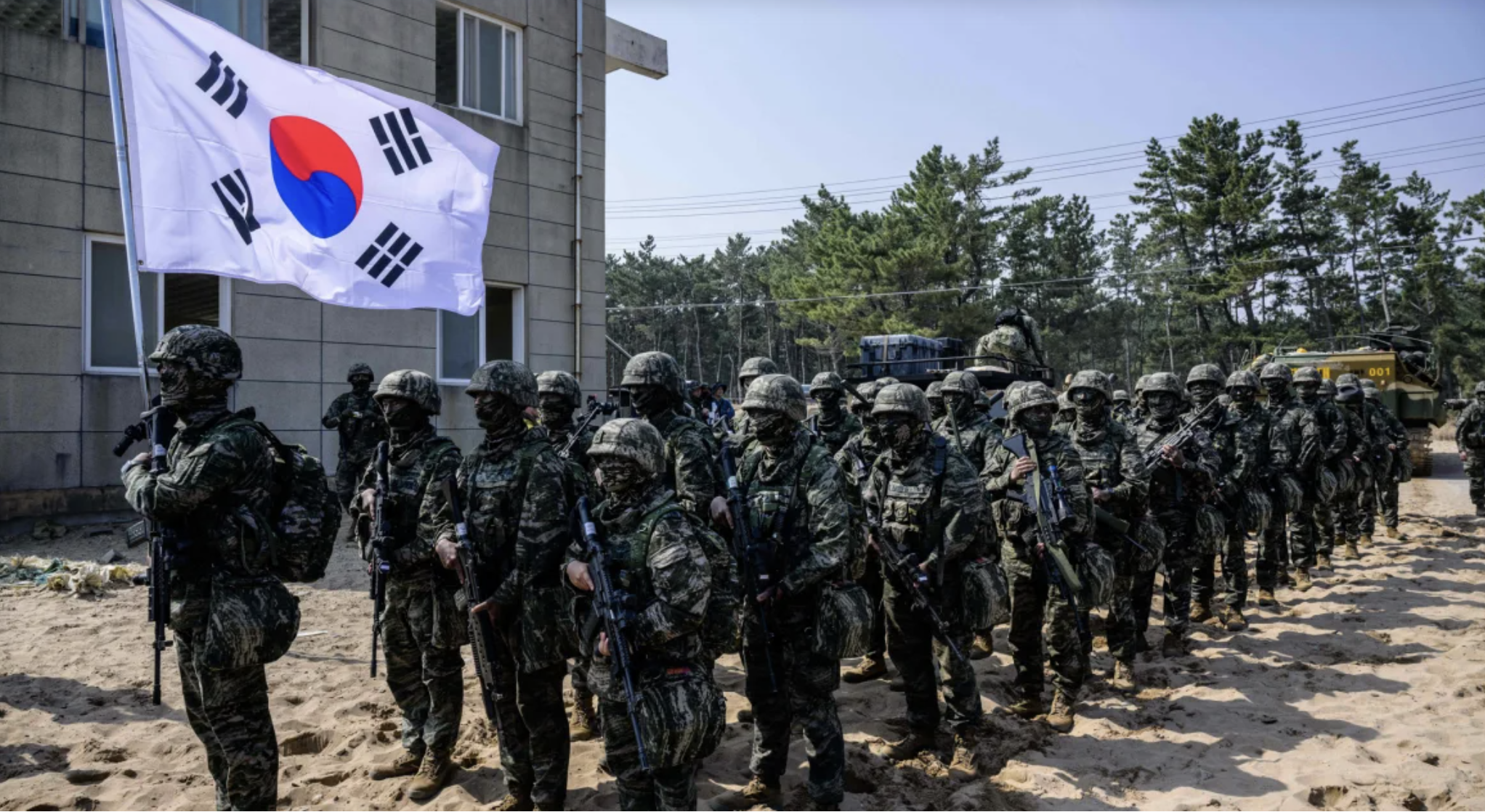



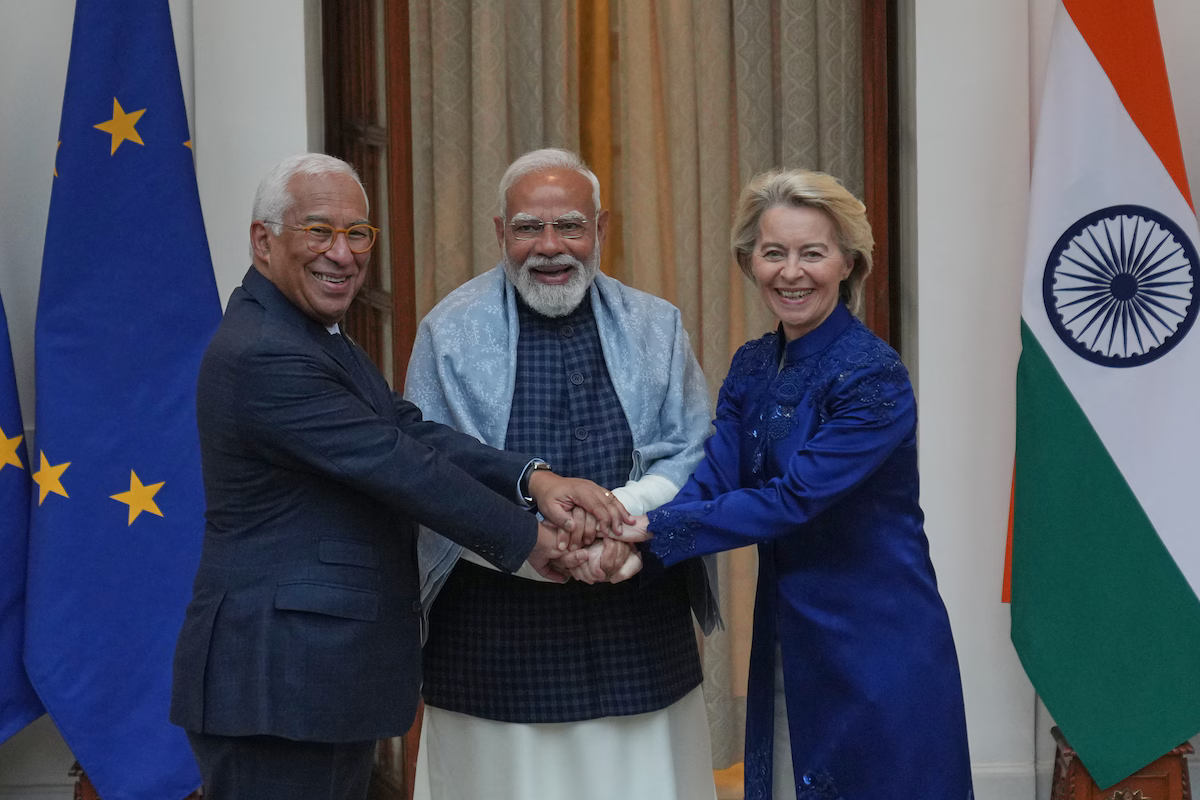
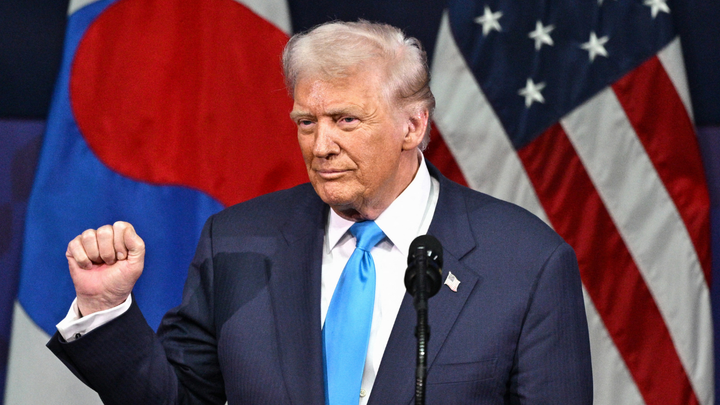


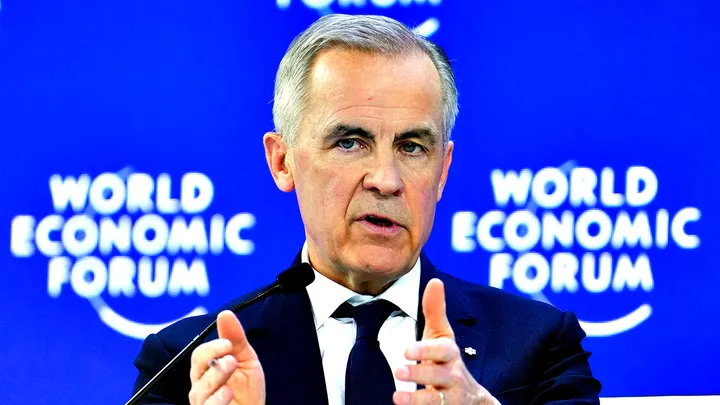
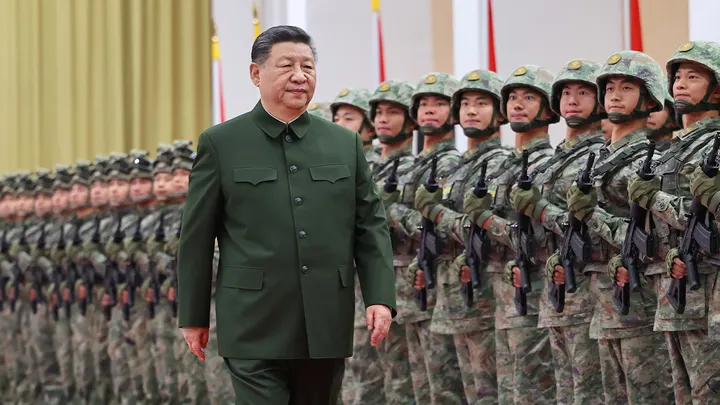
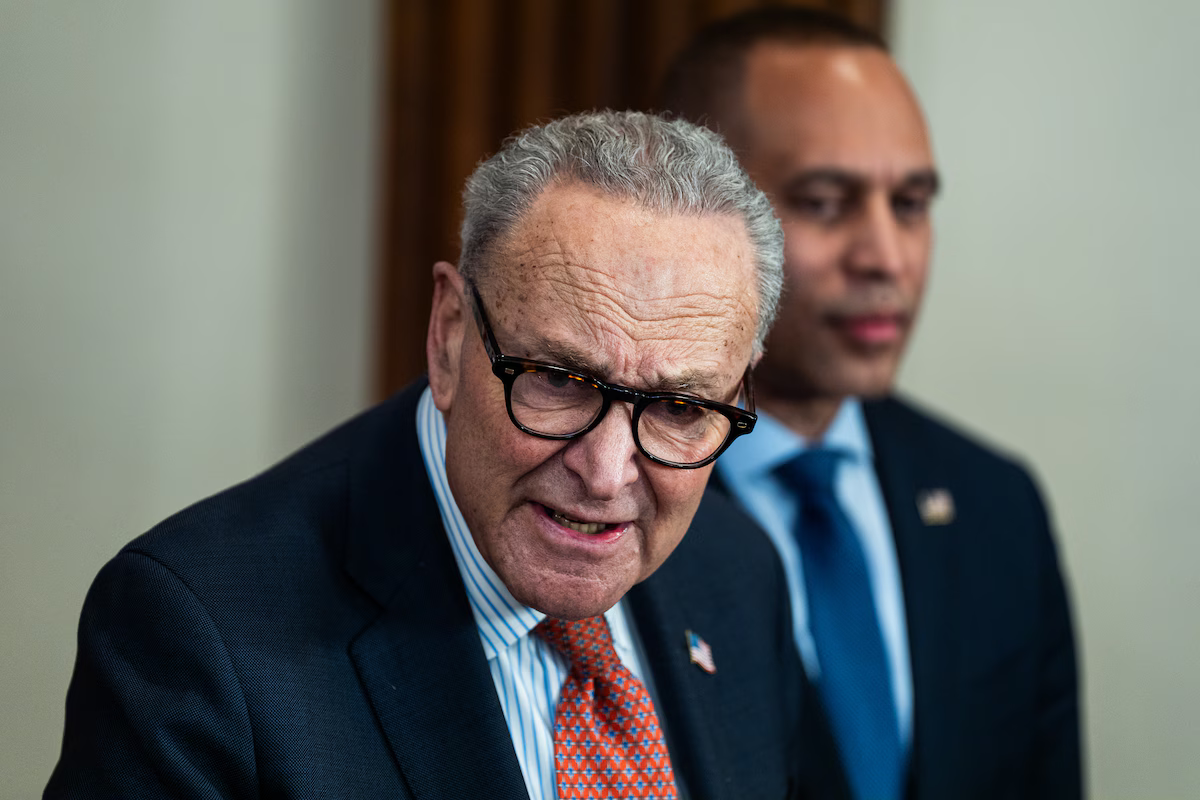
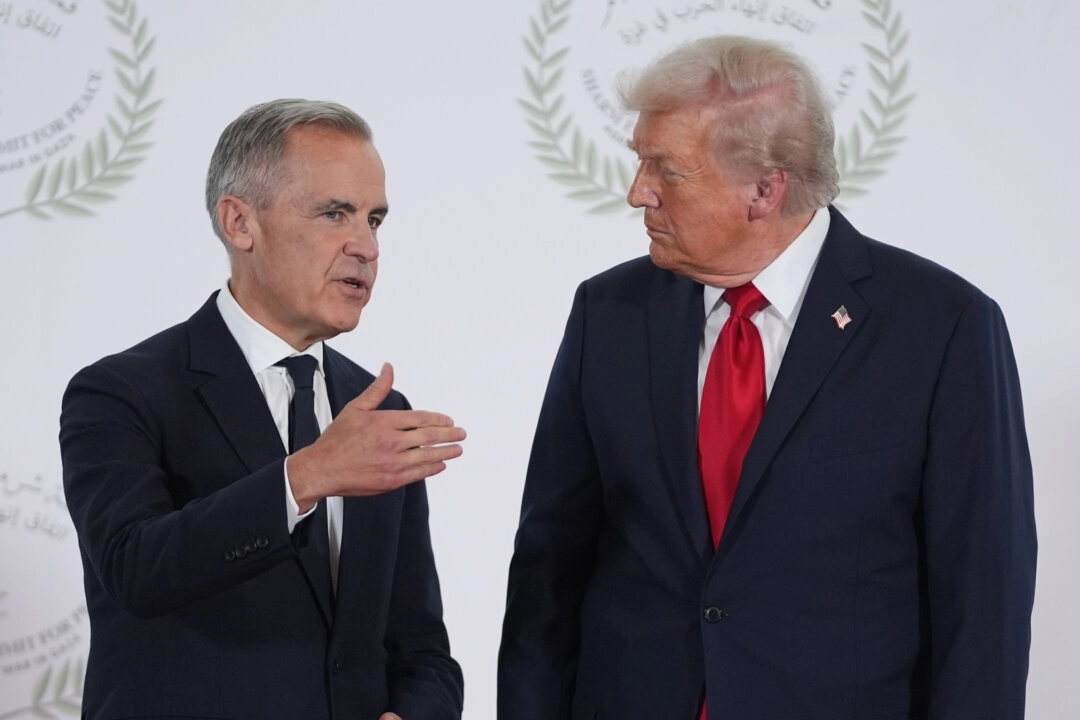
Discussion